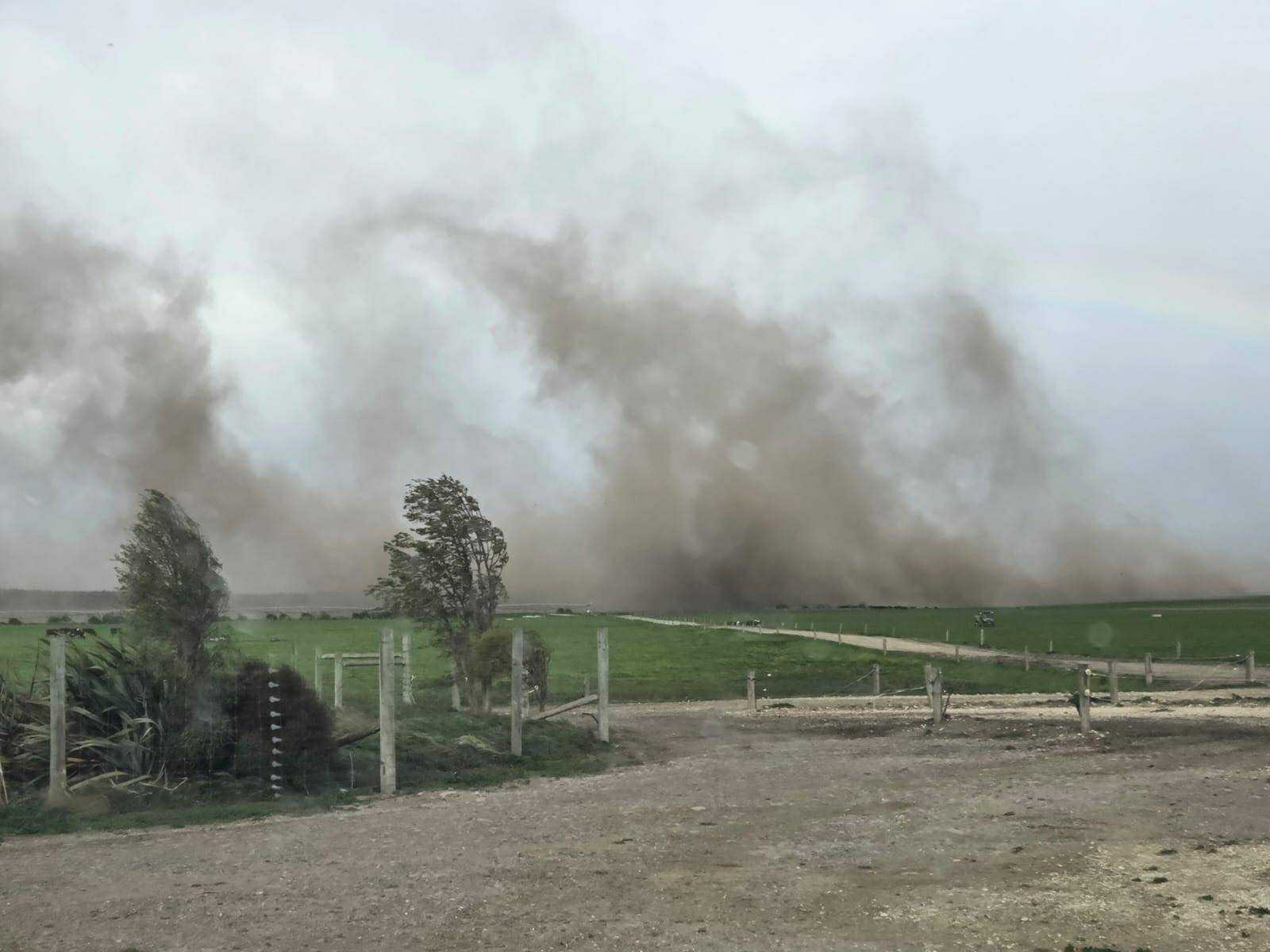Copyright farmersweekly

Reading Time: 2 minutes How many times have we been told that spring weather is notoriously unsettled? One day we’re basking in mid 20degC temperatures, the next it’s rain, frost, or even snow. This year has been no different. But it is hard not to feel sympathy for those farmers who have been left battered and bruised by the most recent spring weather events. On Thursday October 23, gale force winds smashed through parts of the South Island, leaving a trail of destruction. Trees snapped like matchsticks and decades-old shelter belts had their roots peeled from the ground as they toppled into paddocks, flattening fences. Roofs were lifted, sheds came crashing to the ground and power poles collapsed under the pressure. State or local emergencies were declared for Canterbury and the Southland Region. A week after the event, thousands of properties in Otago and Southland remained without electricity as repair crews worked around the clock to identify the issues and try to rectify them. Then, just as things began to calm down, along came the snow. It hampered attempts to restore power in some areas and left late-lambing farmers nervous about potential stock losses. As one Southland farmer said, “It’s dismal down here, just heartbreaking. Where we will end up, who knows, it’s one disaster after another at the moment.” Dairy farmers in the south have been hardest hit. As of late last week more than 100 farms remained without electricity. It has hampered the ability to carry out their primary role, milk their cows. But as always happens in times of need, rural communities have rallied around each other. Generators, which were in short supply, were shipped in and shared among farmers to ensure milking could be done at multiple farms. The Rural Support Trust also kicked into action, with a particular focus on farmer welfare. Rural Support Trust Southland chair Simon Hopcroft said after a week of no electricity, fatigue – both mental and physical – begins to take hold. “There was a bit of adrenaline initially and now it’s fatigue, especially for those farms looking to get electricity back on and that could be a while yet.” One positive is that there were no serious injuries or loss of life from the weather event. The concern now is that with fatigue comes increased risk. After properties are damaged there is a tendency to want – or feel a need – to get repairs done straight away. Chainsaws are hauled from sheds and heavy machinery called upon to remove fallen trees and debris. But that can be a recipe for disaster if you are not mentally prepared for the task. It is worth taking a couple of days to gather your thoughts, and some sleep, before taking on the big jobs. There will be plenty of time to reflect on the weather event but one thing it has highlighted is how reliant we are on electricity. How prepared are we to manage without it for a lengthy period? Perhaps having a generator gathering dust in the back of a shed isn’t a bad idea after all.



